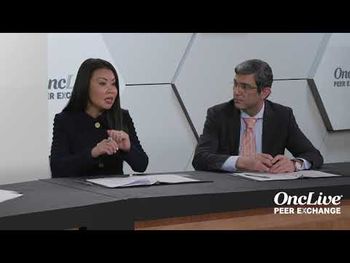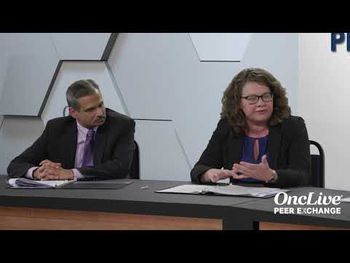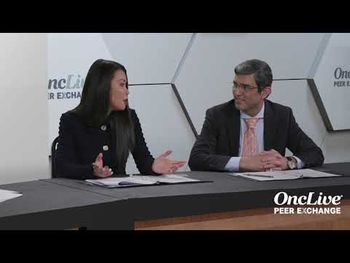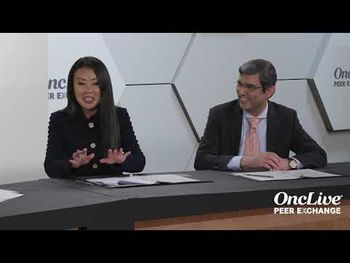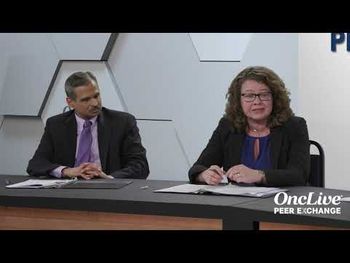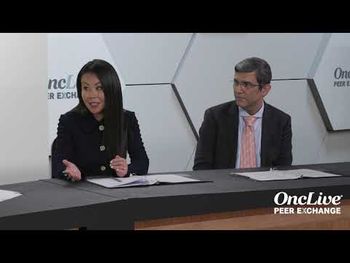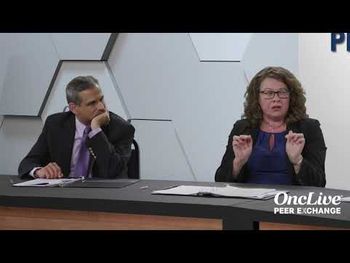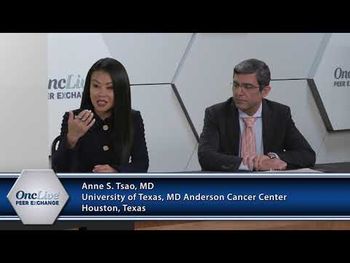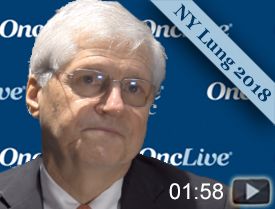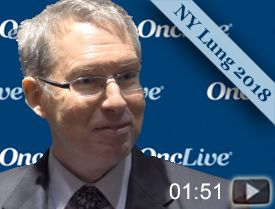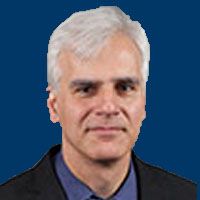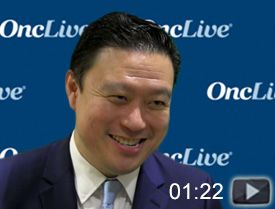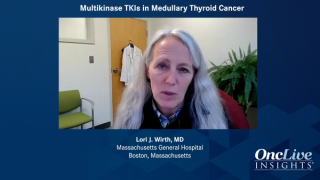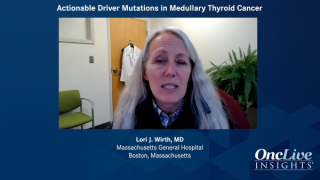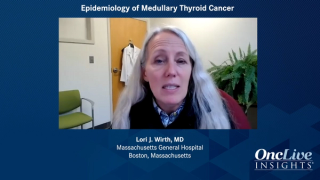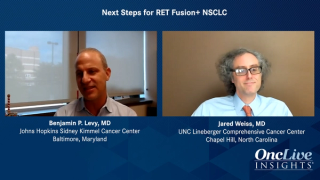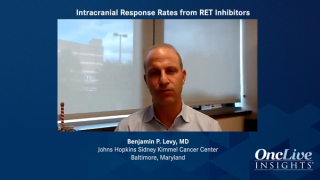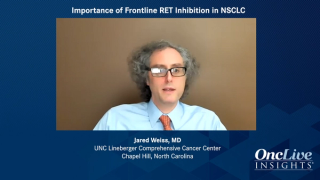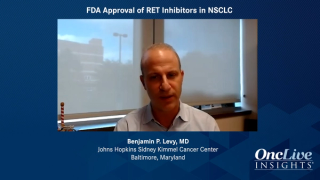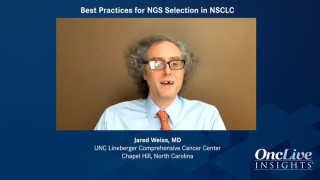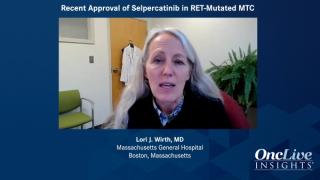
Lung Cancer
Latest News
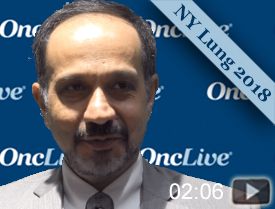
Latest Videos

CME Content
More News

Hossein Borghaei, DO, MS, discusses current and potential therapeutic approaches for patients with non-oncogene driven lung cancer who progress on frontline treatment.

Alexander E. Drilon, MD, discusses developing markers in the non–small cell lung cancer paradigm.

Balazs Halmos, MD, discusses the latest developments in the treatment paradigm for patients with squamous cell non–small cell lung cancer.
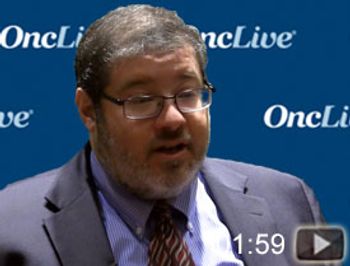
H. Jack West, MD, thoracic oncologist, Swedish Cancer Institute of Swedish Medical Center, discusses the FDA approval of lorlatinib for the treatment of patients with ALK-positive metastatic non-small cell lung cancer (NSCLC).
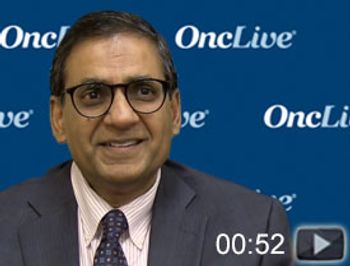
Ravi Salgia, MD, PhD, Arthur & Rosalie Kaplan Chair in Medical Oncology, associate director for clinical sciences at City of Hope, discusses the FDA approval of lorlatinib for use in patients with ALK-positive metastatic non–small cell lung cancer.

The FDA has granted lorlatinib an accelerated approval for the treatment of patients with ALK-positive metastatic non–small cell lung cancer (NSCLC) who have progressed on 1 or more ALK tyrosine kinases inhibitors (TKIs).

Mary Pasquinelli, MS, APRN, discusses the pivotal role of nurses in lung cancer care.
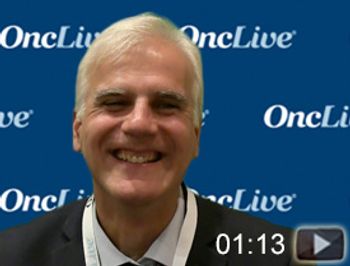
Balazs Halmos, MD, MS, director of thoracic oncology and director of clinical cancer genomics, Montefiore Medical Center, discusses second-line treatment for patients with metastatic squamous non–small cell lung cancer (NSCLC).
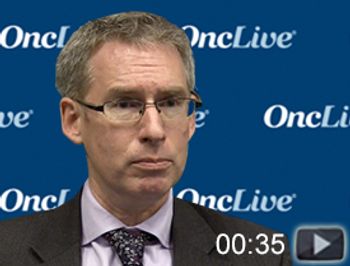
D. Ross Camidge, MD, PhD, a professor of medical oncology at the University of Colorado, discusses the FDA approval of first-line pembrolizumab (Keytruda) in metastatic squamous non–small cell lung cancer regardless of PD-L1 expression.

The FDA has approved first-line pembrolizumab for use in combination with carboplatin and either paclitaxel or nab-paclitaxel for the treatment of patients with metastatic squamous non–small cell lung cancer.
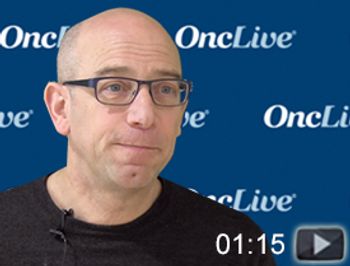
Charles M. Rudin, MD, PhD, chief, Thoracic Oncology Service, co-director, Druckenmiller Center for Lung Cancer Research, Sylvia Hassenfeld Chair in Lung Cancer Research, Memorial Sloan Kettering Cancer Center, discusses the success of immunotherapy in small cell lung cancer.
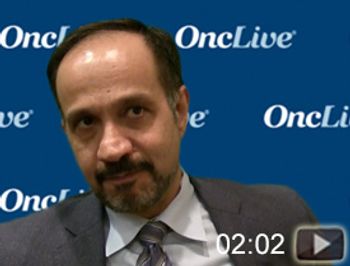
Hossein Borghaei, DO, MS, chief, Division of Thoracic Medical Oncology, director, Lung Cancer Risk Assessment, associate professor, Department of Hematology/Oncology, Fox Chase Cancer Center, discusses the current landscape of immunotherapy in non–small cell lung cancer (NSCLC).
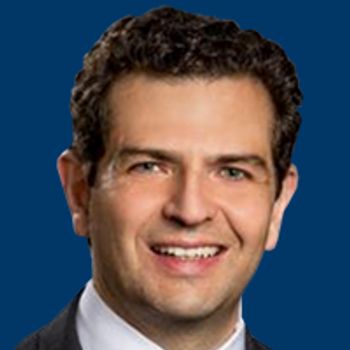
Missak Haigentz, MD, discusses the impact of EGFR TKIs on the treatment of patients with non–small cell lung cancer.

Neil Morganstein, MD, discusses the intriguing PACIFIC results and the future role of immunotherapy in non–small cell lung cancer.
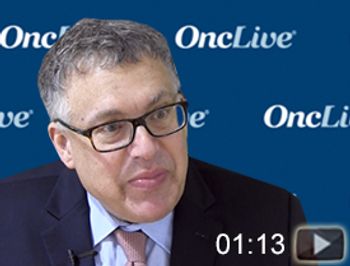
Roy S. Herbst, MD, PhD, Ensign Professor of Medicine and professor of pharmacology, chief of Medical Oncology, Yale Cancer Center and Smilow Cancer Hospital; associate director for Translational Research, Yale Cancer Center; Disease Aligned Research Team (DART) Leader, Thoracic Oncology Program, Yale Cancer Center, discusses long-term survival of patients with non–small cell lung cancer (NSCLC) treated with pembrolizumab (Keytruda).
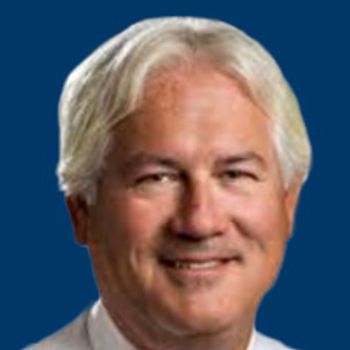
Mark Widmann, MD, discusses the role of surgery in the treatment of patients with early-stage lung cancer.
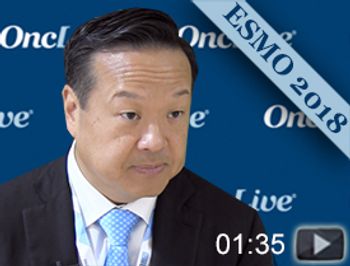
Edward S. Kim, MD, chair, Department of Solid Tumor Oncology, Levine Cancer Institute, discusses the primary efficacy results from the B-F1RST trial in non–small cell lung cancer (NSCLC).
